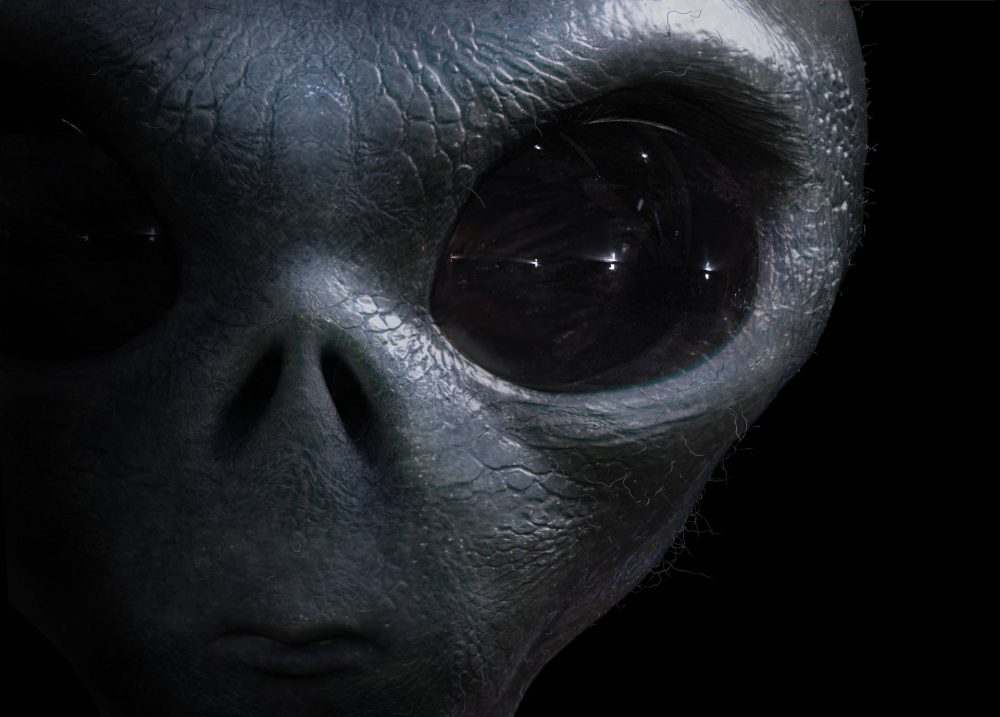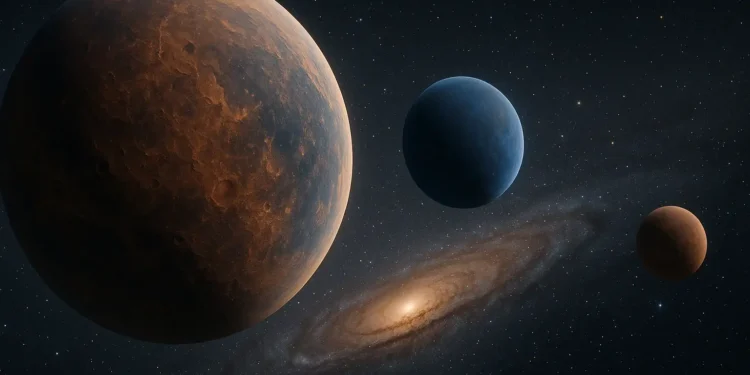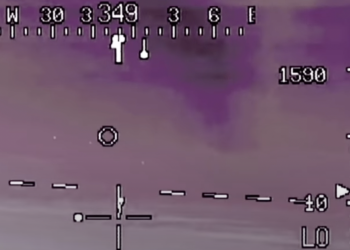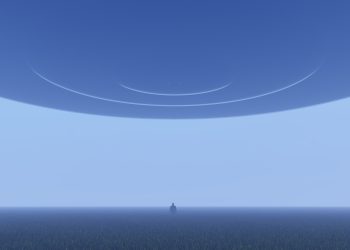For decades, scientists have searched the sky, scanned radio signals, and sent probes across the solar system in hopes of answering a haunting question: Why haven’t we found alien life? Given the sheer number of planets orbiting distant stars, it seems unlikely that Earth is the only place where life emerged. So what’s going on?
This mystery, known as the Fermi Paradox, is named after physicist Enrico Fermi who famously asked, “Where is everybody?” While the universe should be teeming with life, the silence remains unbroken. Today, researchers have proposed several compelling ideas that could explain why we still haven’t made contact.
The Great Filter: Are We Already Past It, or Is It Still Ahead?
One of the most unsettling explanations is the Great Filter. This theory suggests that somewhere along the path from simple chemistry to advanced space-faring civilizations, there is a step that’s incredibly unlikely. If the filter is behind us — perhaps the leap from single-celled to complex organisms — that’s good news. It would mean life is rare, but we’ve already overcome the hardest part.
But if the filter lies ahead — say, in the form of self-destruction through war, climate collapse, or runaway artificial intelligence — then humanity might be racing toward a wall that most civilizations never survive.
Simulation Hypothesis: Are We Living in a Construct?
So why haven’t we found alien life? Another popular idea is the simulation hypothesis, which argues that we might not be living in the base reality at all. If an advanced civilization could simulate consciousness, they might create entire digital worlds — including ours. In that case, we wouldn’t find alien life simply because the simulation wasn’t designed to include it.
This theory has gained traction in philosophical circles and among some physicists, but it opens up more questions than answers. Who created the simulation? Could we break out of it? And what would finding extraterrestrial life mean in such a scenario?
The Dark Forest Hypothesis: Everyone Is Hiding
In a universe where unknown threats could lurk in any corner, broadcasting your location might be a fatal mistake. That’s the premise behind the dark forest hypothesis, a chilling idea popularized by author Liu Cixin. According to this view, every civilization is both hunter and prey, hiding in silence to avoid being noticed — or eliminated.
If true, then maybe other civilizations are out there but choose to stay quiet. They might have observed us already and decided it’s safer not to interact.

Could We Be Looking the Wrong Way?
It’s also possible that alien life simply doesn’t resemble what we expect. Life could be based on elements or chemistry unfamiliar to us. We might be scanning the wrong frequencies, or even missing signs that are right under our noses. Some researchers have suggested that alien probes could be lurking in our own solar system — hidden in places we haven’t fully explored, like the Moon’s far side or inside near-Earth asteroids.
Are We Too Early — Or Too Late?
Timing could be everything. The universe is nearly 14 billion years old. Human beings have only been around for a tiny fraction of that. Civilizations could have risen and fallen before Earth even formed. Or we might be early bloomers, among the first to reach this level of development.
Either way, our timing might explain the silence. We may be shouting into a void that hasn’t had time to echo back — or where the echoes have long faded.
As our tools improve — with missions to distant moons like Europa and Titan, and powerful telescopes like the James Webb Space Telescope — we may finally catch a glimpse of something that answers this age-old question. But for now, the mystery remains unsolved. And maybe that’s the point. Perhaps the search itself is what defines us. What do you think is the most likely explanation? Are we truly alone, or just not looking in the right way?











